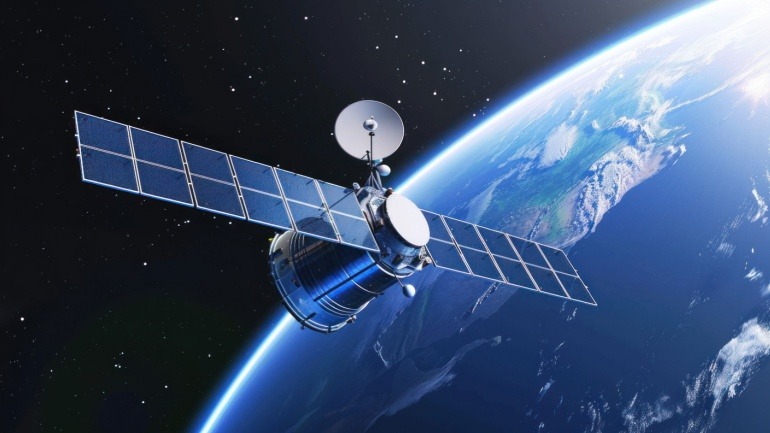The European Commission clears Inmarsat’s acquisition by Viasat, assuring competition in the in-flight broadband landscape. While the market anticipates increased opportunities for current players and new entrants, upcoming deals like SES/Intelsat and Eutelsat/OneWeb may pose complex challenges for regulators.
Singapore’s state-owned firm Temasek is collaborating with Microsoft, BlackRock, and MGX to revolutionize global AI infrastructure, targeting a $100 billion investment. This ambitious AI Infrastructure Partnership includes enhancing AI data centers, showcasing AI’s transformative potential on industries globally, and aligning efforts with major global entities for rapid advancement.
Deutsche Telekom is investing in the EU’s IRIS2 satellite project to build a cutting-edge multi-orbital communication constellation. This initiative will enhance Europe’s digital infrastructure, reinforcing technological sovereignty with advanced IT, secure networks, and 5G.
Arcep, the French telecom regulator, recently advanced efforts in private mobile networks by opening consultations for the 3.8-4.2 GHz frequency band. This initiative aims to drive industrial 5G deployment, enhancing enterprise communication capabilities. Aligned with EU directives, Arcep seeks input on licensing terms and technical guidelines.
Germany’s cutting-edge tech giants like Deutsche Telekom, SAP, and Ionos are joining forces for a groundbreaking AI data center project, aiming to boost Europe’s digital sovereignty. Capitalizing on the EU’s InvestAI initiative, their goal is to build state-of-the-art facilities housing approximately 100,000 AI chips.
Digital Catapult joins a major Horizon Europe-backed 6G initiative to advance smarter, faster, and sustainable networks. Collaborating with global leaders like Samsung and Nokia, the project explores AI integration and Open RAN technologies.
A group of major European telecoms, including Vodafone and Orange, urges urgent EU, UK, and NATO action to protect subsea cables amid rising hybrid threats. Citing recent incidents and geopolitical tensions, the coalition supports enhanced cross-border collaboration and the EU’s Cable Security Action Plan to safeguard Europe’s connectivity.
In a shocking move, Qualcomm accuses Arm of anti-competitive practices, sparking industry-wide buzz. Arm’s shift from open licensing toward proprietary chip development raises eyebrows and regulatory scrutiny. Will this shake-up ignite innovation or hinder competitiveness? Follow the unfolding saga and explore its impact on the future of VoIP technology.
Nine European nations have formed the “Semicon Coalition” to strengthen the continent’s semiconductor industry. The initiative, launched in Brussels, focuses on research, development, and production, aiming for self-sufficiency amid rising global investments.
Sweden is investigating a potential sabotage of the Cinia C-Lion1 undersea telecom cable. Despite the damage, the link between Finland and Germany remains active.












